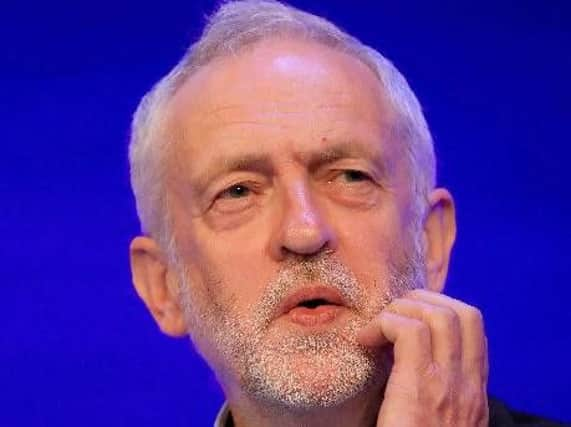Corbyn calls for British-Irish body to be reconvened


Sinn Fein, the SDLP and the Irish government have been calling for the British-Irish Intergovernmental Conference (BIIC) – a body which formally brings the British and Irish governments together – to discuss the way forward.
That body has not met for more than a decade, largely because British-Irish relations have been at an all-time high with constant informal contact between officials and ministers.
Advertisement
Hide AdAdvertisement
Hide AdUnder the terms of the Good Friday Agreement, the BIIC could not take decisions about devolved matters so could not fill the space left by Stormont’s collapse. However, Sinn Fein has been pressing for it to have a role in devolved matters, something which would be exceptionally controversial with unionists, who have called for direct rule from Westminster until Stormont returns.
Against that backdrop, Mr Corbyn will today say in a speech at Queen’s University: “If the current stalemate in Stormont cannot be sorted out in Belfast, I call on the UK government to reconvene the British-Irish Intergovernmental Conference.
“We must step up to find a creative solution, in the spirit of the Good Friday Agreement, that avoids a return to direct Westminster rule and lays the ground for further progress for all communities.”
DUP MP Sir Jeffrey Donaldson said: “We’re absolutely clear that the British-Irish Intergovernmental Conference is a talking shop; it is a place to discuss east-west relations.
Advertisement
Hide AdAdvertisement
Hide Ad“It has no power or authority and most certainly doesn’t have a role in the internal affairs of Northern Ireland.”
Mr Corbyn will also repeat Labour Party opposition to either a hard post-Brexit border at the Irish border or moving that border to the Irish Sea.
He will argue that the best way to avoid border checks is through a UK-EU customs union – which would offer the UK a say on future trade deals – coupled with a “new and strong relationship” with the EU single market.